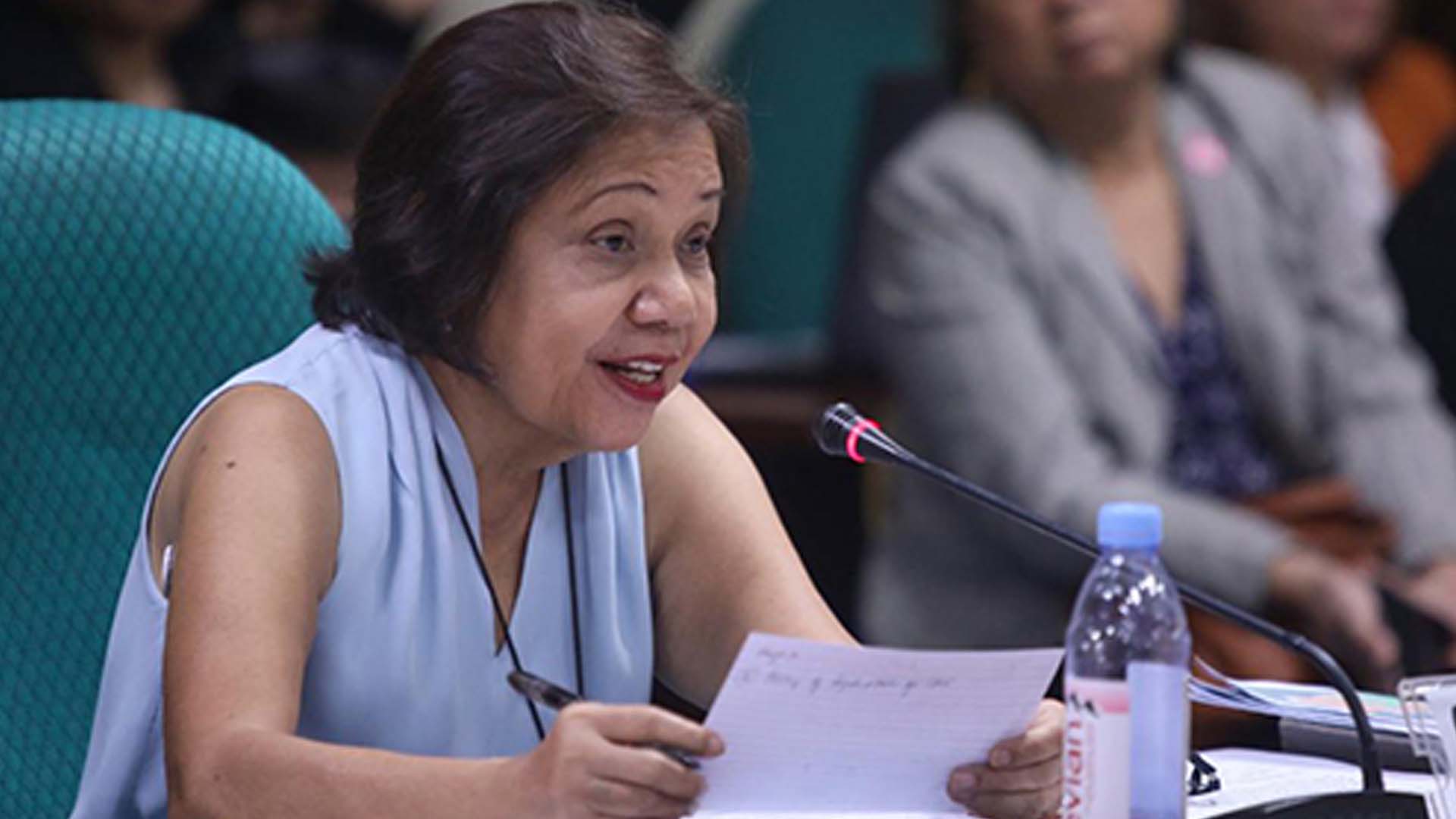Senator Cynthia A. Villar has renewed her commitment to preserve the Las Piñas-Parañaque Wetland Park (LPPWP) and prevent its defacement, exploitation and destruction and any encroachment on it.
“This wetland park is very dear to me. Not only did I help build the facilities you find here, but I also vigorously pushed for the declaration of this wetland as a protected area in 2018 under RA No. 11038 or the Expanded NIPAS Act,” said Villar during the Beach Clean-Up at LPPWP organized by PepsiCo Foods, Inc., and Plastic Credit Exchange (PCEx),on Monday, April 15.
The park is also recognized under the Ramsar Convention as a Wetland of International Importance.
“This wetland park serves as a critical coastal habitat and a key biodiversity site, sheltering a variety of water birds, including migratory species on the East Asian-Australasian Flyway. It is home to 159 species of birds, 23 mangrove species, and numerous fish species and mollusks of economic importance,” also related Villar.
Furthermore, LPPWP, with its 36 hectares of mangroves, plays a crucial role in protecting against flooding, high tides, and storm surges. It supports thousands of fisherfolks and urban poor families, who rely on the wetland for their daily sustenance.
The chairperson of the Senate committee on environment however admitted that up to this time, proposed reclamation projects in the vicinity remain a significant concern.
She warned that these projects will impede the free flow of water into the Bay from the six rivers in the area – the Parañaque River, Las Piñas, Zapote, Molino, Bacoor and Imus Rivers that can lead to disastrous floodings.
“While reclamation is being packaged to create more space for urban development, its negative impact on the environment cannot be ignored in light of the climate crisis we are facing,” said Villar.
“Further, reclamation can lead to the destruction of marine ecosystems, loss of biodiversity, increased sea level rise, displacement of communities, and a buildup of water pollution,” she added.
The senator also emphasized that to help address our plastic waste problems, she
principally authored and sponsored the Extended Producer Responsibility (EPR) Act or RA No. 11898, which became effective in 2022.
“In a nutshell, the EPR Act requires large enterprises that produce plastic packaging, just like PepsiCo, to ensure the proper recovery, recycling, or disposal of this waste, after it has been sold to and used by consumers.”
According to Villar, it is encouraging to see that many large companies, like PepsiCo, are doing their duties under the law and showing how producer responsibility can genuinely contribute to a more sustainable future.
“I learned that PepsiCo is not just collecting and diverting its plastic waste but it is also adopting more sustainable practices, like investing in initiatives like the ‘Aling Tindera’ Waste-to-Cash Program by Plastic Credit Exchange (PCEx). , which promotes a circular economy.”








